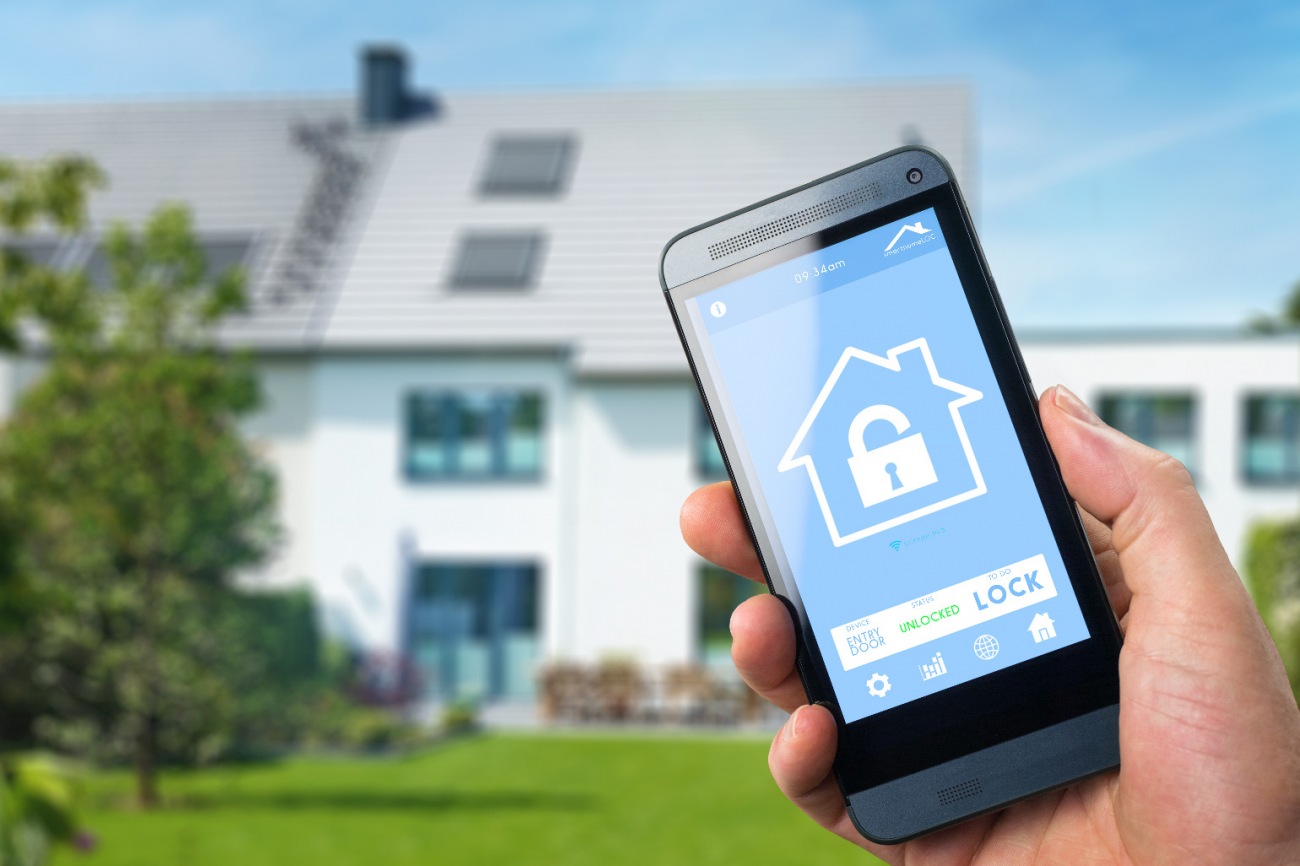In today's rapidly evolving world, the intersection of artificial intelligence (AI) and home automation is creating a new paradigm for modern living. But how does AI power smart homes, and what benefits does it bring to homeowners and businesses? This article delves into the nuances of AI's role in smart homes, highlighting its transformative impact on our daily lives.

Understanding AI in Smart Homes
At its core, AI in smart homes refers to the technology that enables devices to perform tasks that typically require human intelligence. This includes learning from experience, understanding natural language, and making decisions. With AI, smart homes are not just about convenience; they're about creating an environment that anticipates your needs and responds accordingly.
Imagine waking up in the morning and having your smart thermostat adjust to the perfect temperature, while your coffee maker brews your favorite blend automatically. AI makes this possible by learning your preferences and routines over time. For more insights on how smart thermostats can benefit you, visit our detailed guide on smart thermostat benefits.
Key Technologies Driving AI in Smart Homes
Several key technologies are at the forefront of AI-powered smart homes. These include machine learning, natural language processing, and the Internet of Things (IoT). Machine learning algorithms allow devices to learn from data and improve over time without explicit programming. Natural language processing enables smart assistants like Amazon Alexa or Google Assistant to understand and respond to voice commands, making home automation more intuitive.
The IoT plays a crucial role by connecting various devices and enabling them to communicate with each other. This interconnectedness allows for seamless integration and control of home systems, enhancing the overall smart home experience. Explore our article on AI vs Machine Learning in Smart Homes to understand these technologies better.
Benefits for Homeowners and Businesses
For homeowners, AI-powered smart homes offer unparalleled convenience, energy efficiency, and security. Automated lighting and temperature control systems can significantly reduce energy consumption, leading to cost savings and a smaller carbon footprint. Smart security systems can detect unusual activity and alert homeowners instantly, providing peace of mind.
Businesses, particularly in the real estate and hospitality sectors, are leveraging AI to enhance customer experiences. Smart home technology can make properties more attractive to potential buyers or renters by offering modern conveniences and enhanced security features. Moreover, businesses can use AI data analytics to understand customer preferences and tailor their services accordingly.
Challenges and Considerations
While the benefits are substantial, there are challenges to consider when integrating AI into smart homes. Privacy and security concerns are paramount, as smart devices often collect sensitive data. Homeowners and businesses must ensure robust security measures are in place to protect this data from cyber threats.
Moreover, interoperability between different brands and devices can be a hurdle. As the market for smart home devices expands, ensuring that all components work seamlessly together is crucial for a smooth user experience. For tips on setting up your smart home, check out this comprehensive smart home setup guide.
The Future of AI in Smart Homes
Looking ahead, the future of AI in smart homes is bright and full of possibilities. Advancements in AI technologies will lead to even more personalized and intelligent home environments. We can expect smarter appliances, more efficient energy management systems, and enhanced security features that adapt to the evolving needs of users.
As AI continues to evolve, it will play an increasingly integral role in shaping the future of smart homes, making them more efficient, secure, and sustainable. Whether you're a homeowner or a business, embracing AI technology today can set you on a path to a smarter, more connected future.

FAQs
How does AI improve energy efficiency in smart homes? AI optimizes energy consumption by learning user patterns and adjusting settings like lighting and temperature automatically. This leads to reduced energy use and cost savings.
Are AI-powered smart homes secure? While AI enhances security with advanced monitoring and alerts, it's crucial to implement strong cybersecurity measures to protect against potential threats.
Can AI in smart homes work with existing devices? Yes, many AI solutions are designed to integrate with existing smart home devices. However, compatibility and interoperability can vary, so it's important to check product specifications.

